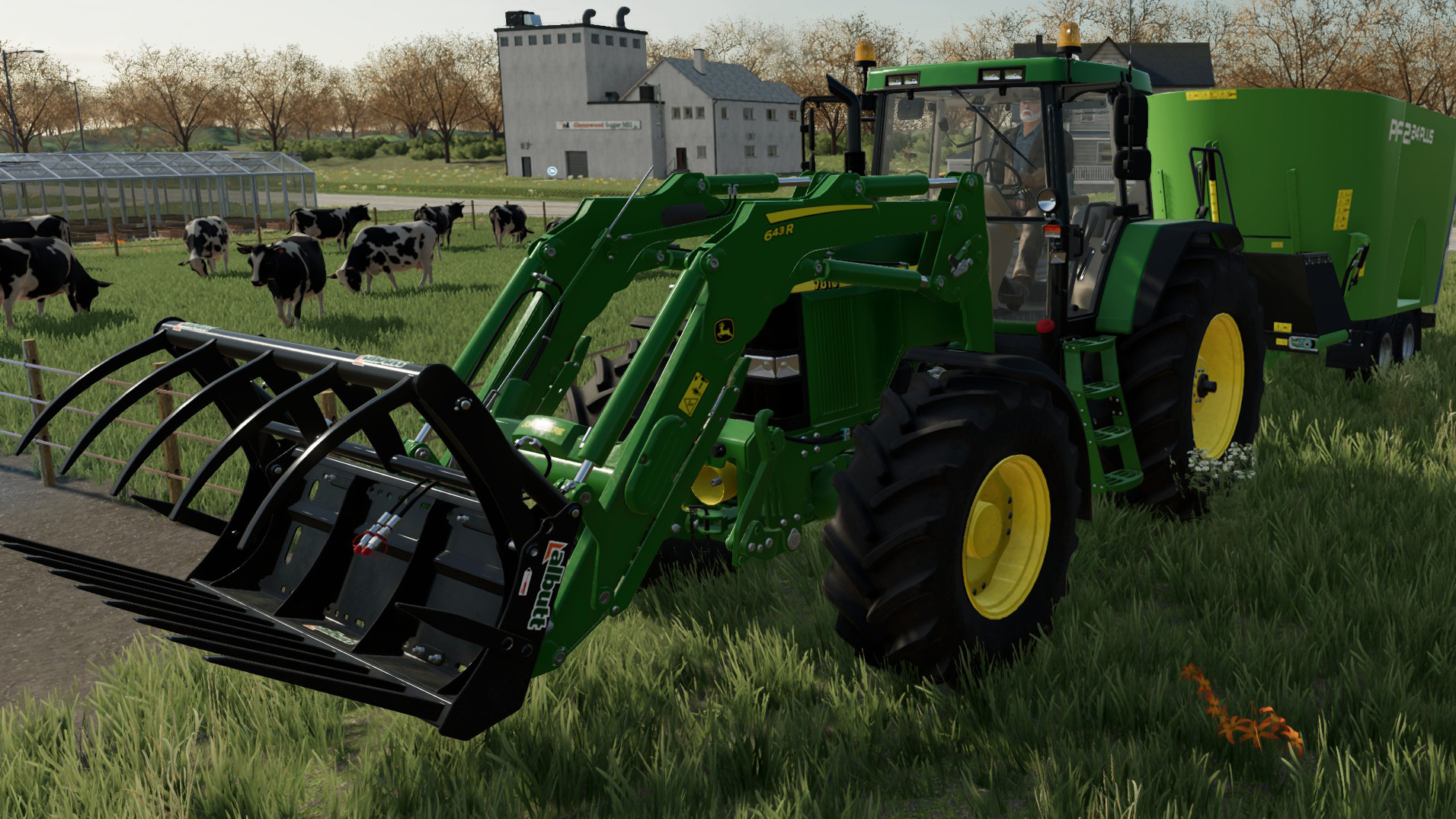It’s sometimes weird to see what academics make of videogames, coming to the medium as they do with a very different set of principles and goals than most gamers and critics. One recent paper in the Journal of Rural Studies is about a game that’s a phenomenon in its own right: Farming Simulator. Specifically, Farming Simulator 22.
In the paper “Agricultural videogames and ‘good farming,'” authors Simon Foureaux and Thomas Daum of the University of Gothenburg outline how they think Farming Simulator 22 encourages an overall harmful view of the farmer’s job: To produce as many crops on as much land as possible using as much big machinery and fancy fertilizers as they can to keep as many people as possible fed, clothed, and cared for as cheaply as possible.
“The gameplay ignores environmental feedback loops like soil health and biodiversity,” the authors say.
It’s what they call a “productivist” view of what a good farmer is, which the authors hold in contrast to the evolution of farming to a sustainable model that respects its environment and intends to keep producing food into the future rather than exhaust the land in a way that damages society and the environment. “(I’m greatly simplifying a series of complex arguments here.)
The authors spend a lot of time proving one point: That videogames, specifically Farming Simulator, have become a key piece of media for helping people understand how things should be done.
That’s not too surprising to us as the gaming faithful—and we’ve even seen Farming Simulator spoken of as influential in the advertising of farm equipment before. The authors hope, then, is that by having games like Farming Simulator present better ideas of what it means to be a “good farmer,” they could help the farm-adjacent mainstream understand that sustainability is a better path than maximalist farms that produce above all else.
Perhaps of greatest interest to us is the special attention that mods are given by the authors—they note that while Farming Simulator doesn’t really embrace alternative agriculture, mods for it have, “tweaking gameplay mechanics, for example, on crop rotations, Conservation Agriculture, and weather patterns.”
They also highlight a well-regarded mod called Precision Farming that was developed by Giants alongside John Deere and EIT Food, a European “Food Innovation Initiative.” It implements some principles of sustainable agriculture and gives your farm an overall environmental sustainability score, but as the authors point out, still entirely within the realm of how much money it makes, saves, or costs you. Still, the additions to realism and the scientific concerns are enough that it has been upkept and even has a version 3.0 for the latest Farming Simulator. (Which I now want to try.)
You can read the full paper from the Journal of Rural Studies on ScienceDirect.
As for the world of Farming Simulator, well, Farming Simulator 25 released last year to some pretty remarkable numbers—which really only cements its place as a series worthy of academic interest, study, and critique.
